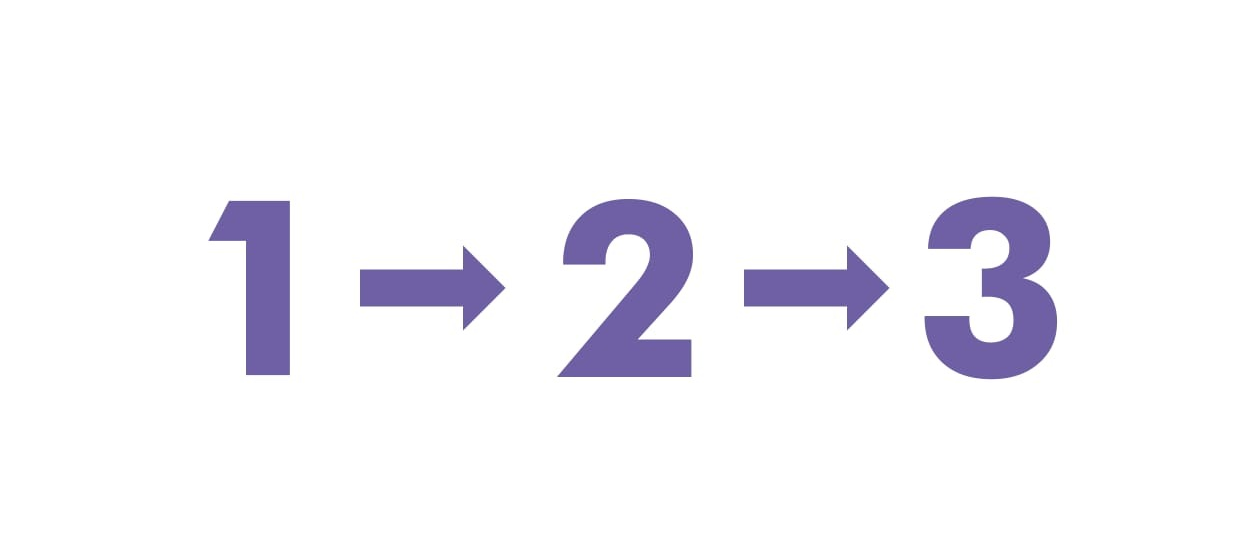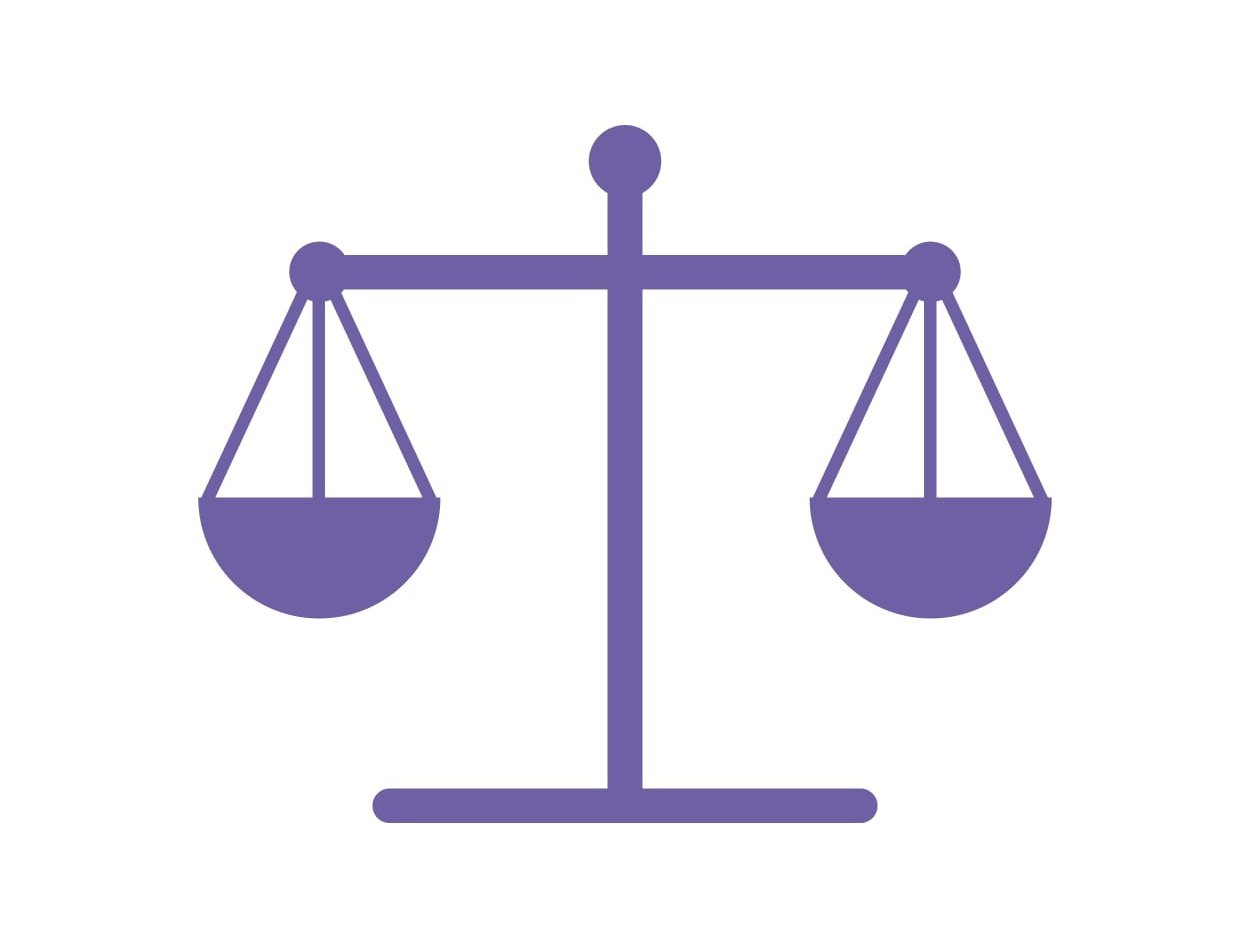Last Will & Testament
Based on the information you provided, a simple will would probably meet your objectives.
Start NowWhat's Included:
By completing your Last Will & Testament with Modern Trust you'll receive a completed final Will document, tailored to your specifications. Once you're finished with your Last Will & Testament, remember to print out and sign your Will in front of disinterested witnesses, in the area provided.
Living Trust
Based on the information you've provided a living trust would probably be the right thing for you. A living trust will avoid probate and help you preserve your privacy. You can also amend or change your living trust any time you like.
Start NowWhat's Included:
You'll receive a Living Trust and a Will. Your living trust will be a fully executable living revocable trust document. You can maintain the document online. You'll also receive a Pourover Will, which is a special type of Last Will and Testament in order to provide extra protection for your living trust. If you forgot to transfer an asset to your living trust, your Last Will & Testament will pour the assets over into the trust after you're gone.









